This collection explores reconstructive and aesthetic surgery, addressing both established practices and emerging methodologies. Emphasis is placed on surgical precision, patient safety, and the application of innovation to enhance functional and aesthetic outcomes.
Learn from leading specialists in the field of Plastic Surgery, carefully selected from around the globe. Our courses explore everything from breakthrough treatments to everyday clinical challenges, equipping you with the insight and skills to provide exceptional care.
See our courses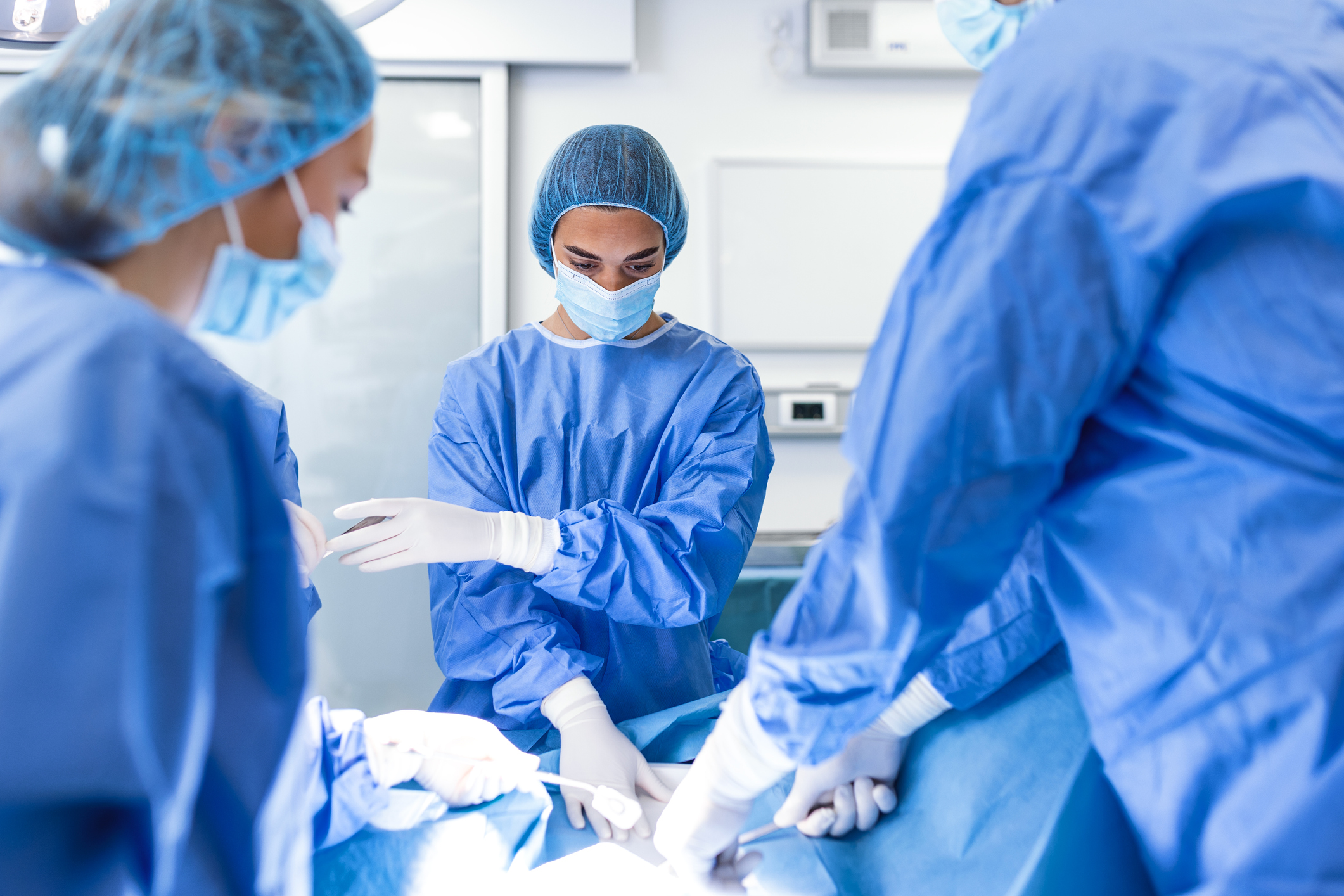


Medibuddy Academy offers an exceptional range of courses that are both clinically relevant and thoughtfully designed. The platform’s flexibility allows me to keep learning alongside a demanding schedule. It's a must-have for any medical professional committed to continuous improvement.
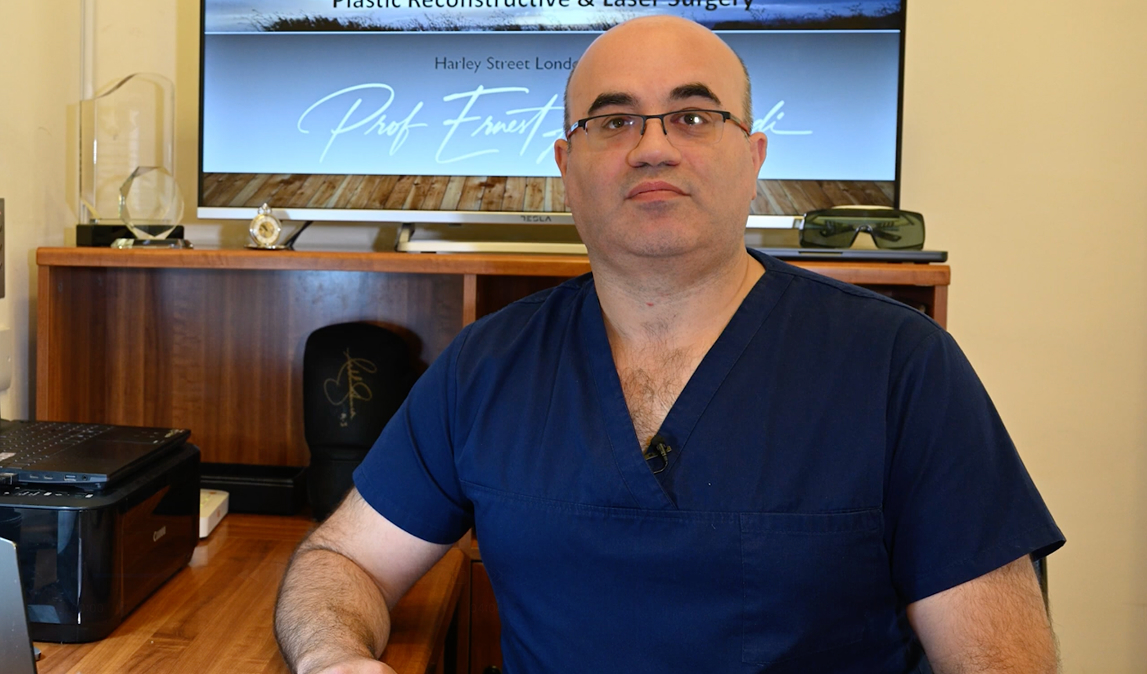
In collaboration with BAAPS, Mr. Ernest Azzopardi, Prof. Ash Mosahebi and other experts talk you through everything you need to operate lasers safely from the perspective of a Plastic Surgeon.
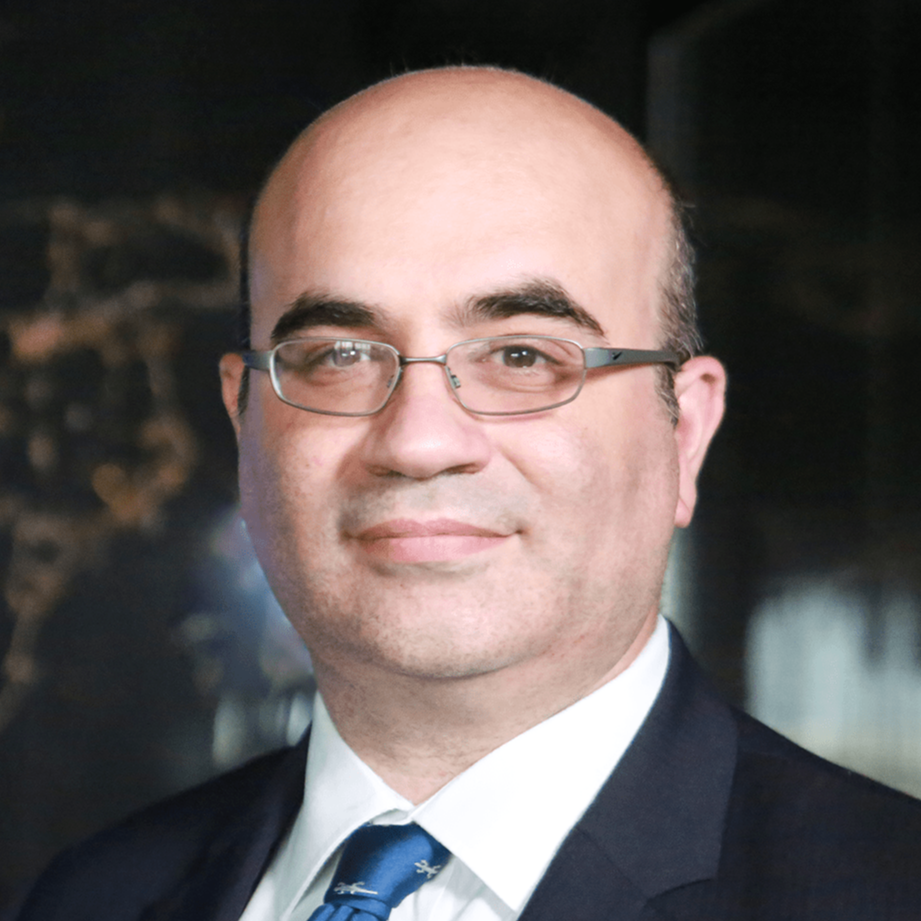 Prof. Ernest A Azzopardi
Prof. Ernest A Azzopardi
 Prof. Ash Mosahebi
Prof. Ash Mosahebi
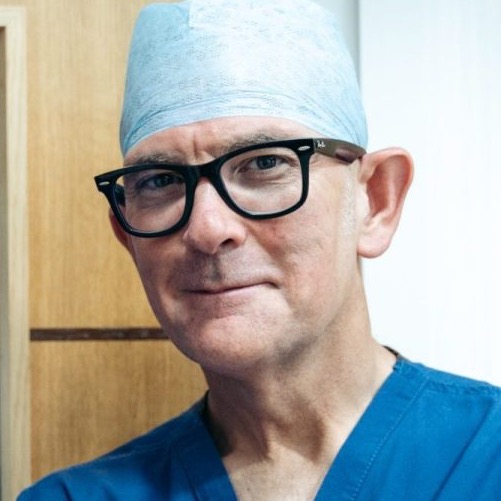 Jorge Leon-Villapalos
Jorge Leon-Villapalos
 Prof. Greg Goodman
Prof. Greg Goodman
 Matteo Tretti Clementoni
Matteo Tretti Clementoni
 Tom Lister PhD
Tom Lister PhD
 Martin Steinborn
Martin Steinborn

This course provides a comprehensive overview of the holistic management of patients undergoing aesthetic procedures, with a focus on non-surgical interventions. Participants will explore the principles of patient assessment, consultation, and expectation management, alongside the safe and effective use of minimally invasive treatments.

This course offers a comprehensive exploration of surgical techniques designed to enhance and restore facial aesthetics. It covers the principles of patient evaluation, surgical planning, and the execution of key procedures including facelifts, blepharoplasty, rhinoplasty, and ancillary techniques. Emphasis is placed on achieving natural outcomes through anatomic precision, meticulous technique, and a balance between form and function.

This course provides an in-depth examination of surgical approaches to breast aesthetics, encompassing augmentation, reduction, mastopexy, and revision procedures. Participants will engage with principles of patient selection, preoperative planning, implant selection, and surgical technique, with emphasis on balancing aesthetic goals with long-term safety and function.

This course examines the principles and techniques of surgical body contouring, with a focus on procedures such as abdominoplasty, liposuction, thigh and arm reshaping, and comprehensive post–weight loss surgery. Participants will explore patient assessment, operative planning, and technical execution, alongside strategies for complication prevention and postoperative management.

This course provides a comprehensive overview of the biological and clinical principles underpinning wound repair. Participants will examine the phases of healing, the cellular and molecular mechanisms involved, and factors influencing normal and impaired recovery. The course also addresses the impact of systemic disease, surgical technique, and adjunctive therapies on wound outcomes.

This course explores the fundamental scientific principles that underpin modern plastic and reconstructive surgery. Core topics include anatomy, physiology, embryology, pathology, and biomaterials, with emphasis on their direct relevance to surgical practice. Participants will gain an understanding of tissue biology, vascular and neural supply, skin and soft tissue behaviour, and the scientific basis of grafts, flaps, and implants.

This course examines the ethical and governance frameworks underpinning modern plastic surgery practice. Participants will review principles of consent, patient safety, professionalism, and medico-legal responsibilities, with emphasis on maintaining high standards of accountability, transparency, and clinical integrity.

This course provides an in-depth exploration of microsurgical principles and techniques. Participants will review microvascular anatomy, flap design and transfer, nerve repair, and replantation surgery, alongside emerging applications of microsurgery in reconstruction and functional restoration.

This course reviews the classification, diagnosis, and management of vascular malformations, haemangiomas, and lymphatic disorders. Participants will explore medical, interventional, and surgical approaches, with emphasis on multidisciplinary care and long-term outcomes.

This course covers the spectrum of cutaneous malignancies, including basal cell carcinoma, squamous cell carcinoma, and melanoma. Participants will review diagnostic evaluation, surgical management, sentinel node biopsy, and reconstructive considerations, with emphasis on evidence-based treatment pathways.

This course examines complex dermatological conditions relevant to plastic surgery, alongside soft tissue sarcomas. Participants will review diagnostic strategies, oncological principles, surgical management, and reconstructive techniques, with a focus on multidisciplinary care.

This course introduces the principles of burn injury assessment and management. Participants will review burn pathophysiology, classification, resuscitation principles, and the role of multidisciplinary care in optimising outcomes for burn patients.

This course focuses on the acute management of life-threatening burn injuries. Participants will review airway and fluid resuscitation, escharotomy, infection control, and critical care principles, with emphasis on timely intervention to improve survival and functional recovery.

This course explores reconstructive strategies in burn care, including skin grafting, flap surgery, contracture release, and novel regenerative techniques. Participants will examine both functional and aesthetic outcomes, with emphasis on long-term rehabilitation.

This course reviews the principles and practice of craniofacial surgery, including congenital anomalies such as cleft lip and palate. Participants will explore surgical techniques, timing of intervention, multidisciplinary management, and long-term functional and psychosocial outcomes.

This course provides a comprehensive overview of oral cavity, oropharyngeal, pharyngeal, and laryngeal malignancies. Participants will review epidemiology, staging, and principles of surgical management, with emphasis on ablative techniques and reconstructive strategies. The course also covers the role and techniques of neck dissection in oncological surgery, alongside multidisciplinary approaches to optimise outcomes.

This advanced course examines complex head and neck malignancies, including orbital, salivary gland, skull base, ear, and nasal cancers. Participants will explore surgical principles, reconstructive approaches, and challenges in functional and aesthetic restoration. The course also addresses the management of osteoradionecrosis, integrating surgical and adjunctive therapies to optimise long-term outcomes.

This course addresses acute and chronic reconstructive challenges in head and neck trauma and facial nerve palsy. Participants will review assessment, surgical repair, nerve grafting, reanimation techniques, and rehabilitation strategies aimed at restoring both function and form.

This course reviews congenital breast anomalies and benign breast conditions. Participants will explore the diagnosis and management of developmental abnormalities, fibrocystic change, fibroadenoma, and other benign breast pathologies, with emphasis on reconstructive strategies and their psychosocial implications.

This course examines the surgical management of breast cancer and the principles of reconstruction. Participants will review mastectomy techniques, breast-conserving surgery, and sentinel node biopsy, alongside reconstructive options including implant-based and autologous approaches. Oncological safety, aesthetic outcomes, and multidisciplinary care are highlighted throughout.

This course explores the reconstructive management of congenital, acquired, and oncological defects of the chest wall. Participants will review surgical planning, flap options, prosthetic materials, and multidisciplinary strategies to restore form and function while maintaining cardiopulmonary stability.

This course provides an overview of reconstructive techniques in urogenital surgery. Participants will explore congenital and acquired conditions, including trauma, malignancy, and gender-affirming procedures, with emphasis on functional and aesthetic outcomes, as well as long-term quality of life.

This course reviews reconstructive options for abdominal wall and perineal defects following oncological resection, trauma, or congenital conditions. Participants will explore local, regional, and free flap techniques, with attention to restoring integrity, minimising complications, and improving postoperative recovery.

This course examines benign conditions of the urogenital and perineal region that require surgical intervention. Participants will review congenital malformations, acquired abnormalities, and functional disorders, alongside reconstructive strategies tailored to optimise patient outcomes.

This course addresses congenital and acquired lower limb conditions relevant to plastic and reconstructive surgery. Participants will review limb deformities, vascular anomalies, and soft tissue conditions, with emphasis on functional restoration and limb preservation.

This course reviews the reconstructive management of lower limb trauma, including soft tissue coverage, fracture-associated injuries, and microsurgical free flap techniques. Participants will explore limb salvage strategies, multidisciplinary trauma care, and long-term rehabilitation.

This course examines congenital anomalies of the upper limb, including syndactyly, polydactyly, radial and ulnar deficiencies, and complex limb malformations. Participants will review diagnostic assessment, surgical planning, reconstructive techniques, and long-term functional outcomes.

This course addresses peripheral nerve injuries and neurological conditions affecting the upper limb. Participants will explore assessment, surgical repair, nerve grafting, tendon transfers, and strategies to optimise motor and sensory recovery.

This course reviews congenital and acquired skeletal abnormalities of the upper limb, including deformities, nonunions, and post-traumatic sequelae. Participants will examine corrective osteotomies, fixation techniques, and integration with soft tissue reconstruction.
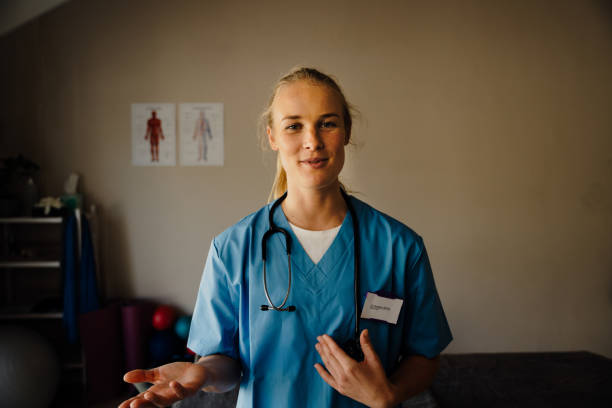
This course covers soft tissue conditions of the upper limb, including vascular malformations, tumors, and chronic wounds. Participants will review reconstructive options such as local, regional, and free flap coverage to restore form and function.

This course examines the assessment and reconstructive management of upper limb trauma. Participants will explore fracture stabilization, tendon and nerve repair, soft tissue coverage, and limb salvage strategies, with emphasis on functional restoration and rehabilitation.